The review of Worm, a self-published novel in web serial format by John C. “Wildbow” McCrae and among the most successful series ever.
TITLE: Worm. AUTHOR: John C. McCrae. GENDER: Science fiction, superheroes. PUBLISHING HOUSE: Self-published on WordPress. PUBLICATION YEAR: 2011-2013.
Taylor is an unfortunate fifteen year old: her mother died in an accident a few years earlier, and her father’s job is hanging by a thread in the degraded Brockton Bay, USA. The young girl is also a victim of bullying at school at the hands of the group of popular girls in the class, which has joined her ex-best friend. But Taylor looks to the future with hope: after a particularly traumatic event, she has become one paraumana, or a person with a superpower. With his new ability, he can finely control all kinds of insect within several blocks, and perceive through their senses. A group of black widows are weaving her costume in the cellar, and Taylor longs to become a hero, improving the conditions of her city. But the impact with reality after her first outing in costume will prove to be very hard and disenchanting.
Worm from John C. McCrae – known online by the nickname of Wildbow – is an atypical novel, from many points of view. The story is about superheroes, but the concept and dynamics of these fall more into hard sci-fi than any other work of the genre; the protagonists are of drama age, but the extreme contents of the work betray this definition. The author has opted for self-publishing web serialreleasing a chapter every week for almost three years on Parahumans, the online community that has also awarded the work, calling it one of the format’s greatest successes.
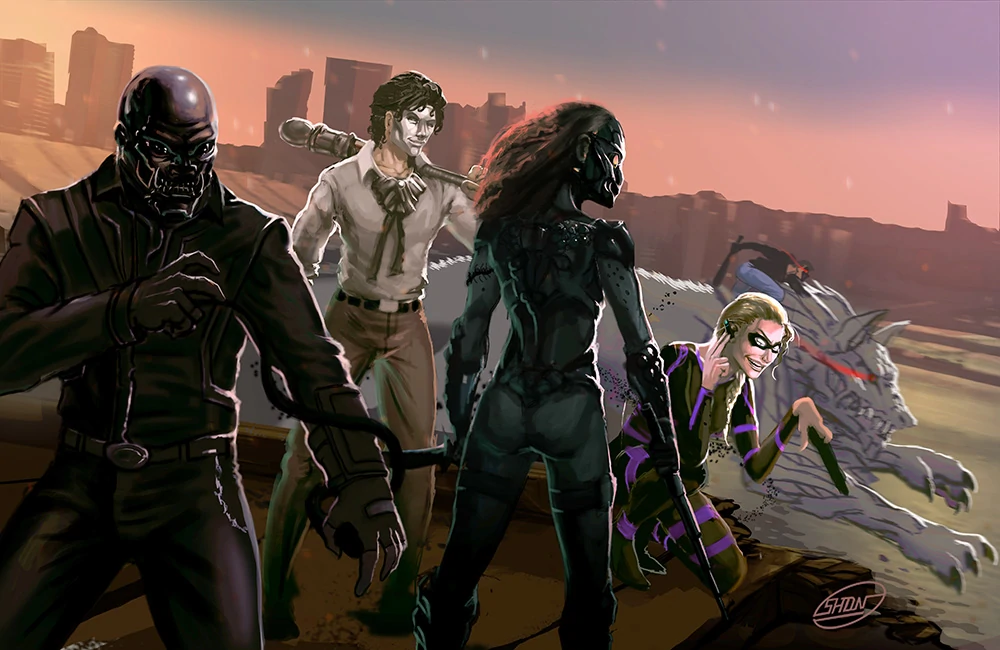
credits to Shadan
Very Human Guards | Worms review
In the parallel dimension of “Terra Bet”the powers arise from situations of high stress and pain for the bearer, the so-called trigger events. Accidents, failures, paranoia. The upshot is that parahumans, no matter if they are “heroes” or “villains,” are always damaged human beings, with power greater than one person could handle, and they are driving society to collapse.
Because of her history, Taylor can’t trust others and will eventually take a path away from institutional heroism, surrounded by people as broken as she is. Indeed, after defeating the villain Lungknown to transform into a dragon, Taylor is approached by the gang of Undersiders. It is a small group of young villains dedicated to robberies and other non-violent jobs, but financed by a mysterious benefactor. Taylor decides to infiltrate the group in an attempt to discover the hand that moves him and turn him over to authority. However, he will discover strong affinities with the Undersiders, and will develop a bond with them, choosing the villain name Shine.
Behind the mask of the field leader, Horrible, young adult Brian hides, with a difficult family history behind him. The strategist Tattletale is Lisa, a girl slightly older than Taylor who with her power of intuition perceives her discomfort and tries to be her first true friend, despite the abrasive personality that often annoys others. Even behind the feral aggressiveness of RachelHomeless girl Taylor sees someone who deserves to be understood. Her power allows her to understand dogs, to which she is very close, and turn them into monsters, but she has left her unable to understand humans. They are all people whose life was difficult even before the trigger event, and who have not risen after it, but have sunk further, having to manage a power that forces them into a conflicted existence. In parallel, the heroes who interact with Taylor appear arrogant and incapable of dialogue; the member of the Protectorate, Armsmaster, he refuses to trust the protagonist despite repeated calls for help, prompting her to turn away from organized and governmental heroism. Teen heroes, defined Ward, they instead abandon themselves to impetuosity and have appearances as their first thought. Yet, even for them the circumstances that led them to be parahuman are the same, and in fact reality is more complex than appearance.
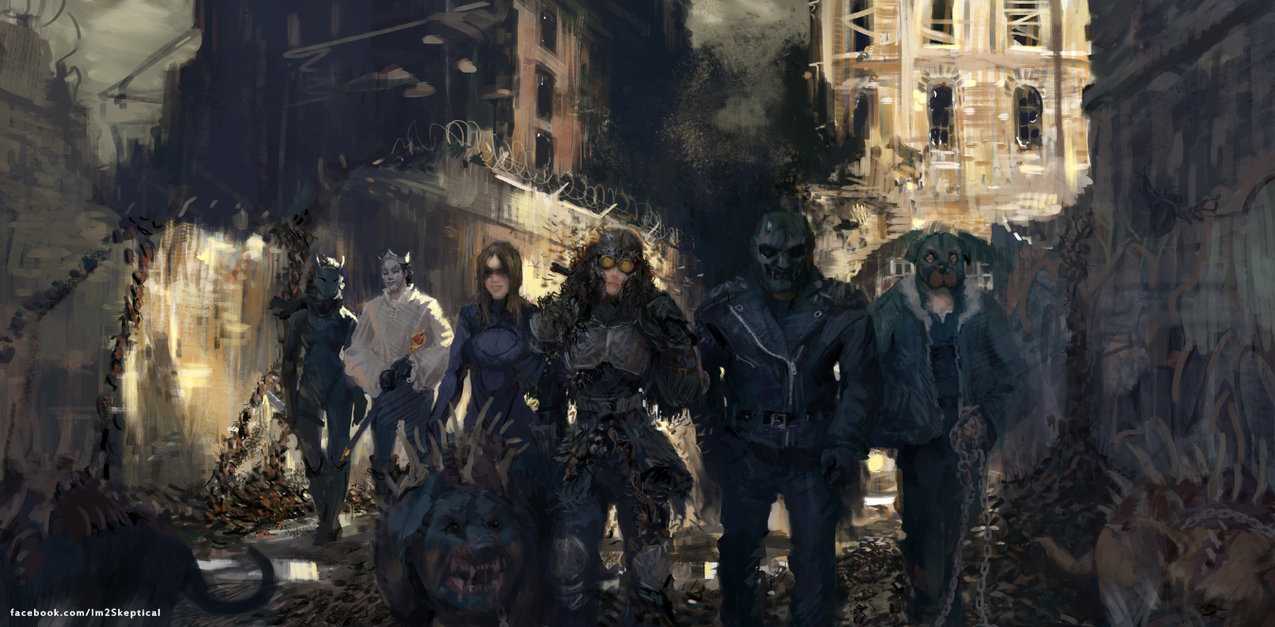
Worm review: the existential theme of the work
Worm is a monumental work, the size of which rivals sagas such as A Song of Ice and Fire o The Lord of the Rings. Some fundamental concepts are introduced late, and the process of understanding for the reader could be considered as long and troubled as that of the characters. Trying to understand the origin of the parahuman powers is obviously a priority on Terra Bet. Given the nature of the trigger events, on a metaphorical level it is soon clear that the powers represent and amplify the ailments and pathologies of the bearers. Literally hundreds of parahumans appear in the work, each with a unique situation; Worm in this sense is a masterpiece of inclusion and awareness for the theme of mental health, in which the afflicted are always portrayed honestly and never judged. This panorama, a metaphor for our reality, leads us to ask ourselves: why all this suffering for us human beings?
Worm here opens to the theme ofcosmic horror, not giving answers to that question or giving terrible ones. Parahumans seem driven and destined for conflict, unable to escape the use of their power and, at times, victims of it until they lose control. Not all villains are as soothing as the Undersiders: some of them have completely abandoned their humanity, figuratively and literally. The others have to fight against this spiral on a daily basis, but the hopes of going back up it seem nil: we can only slow it down.
Even Taylor is not free from such force. His desire to do good, combined with her inability to trust others and obsession with control, will lead her down a road paved with good intentions, but along which she will sacrifice her person. The meaning of the novel seems to be this: heroism does not lead to greatness, but to annihilation; we live a nihilistic existence, with very few, and brief, glimmers of hope.
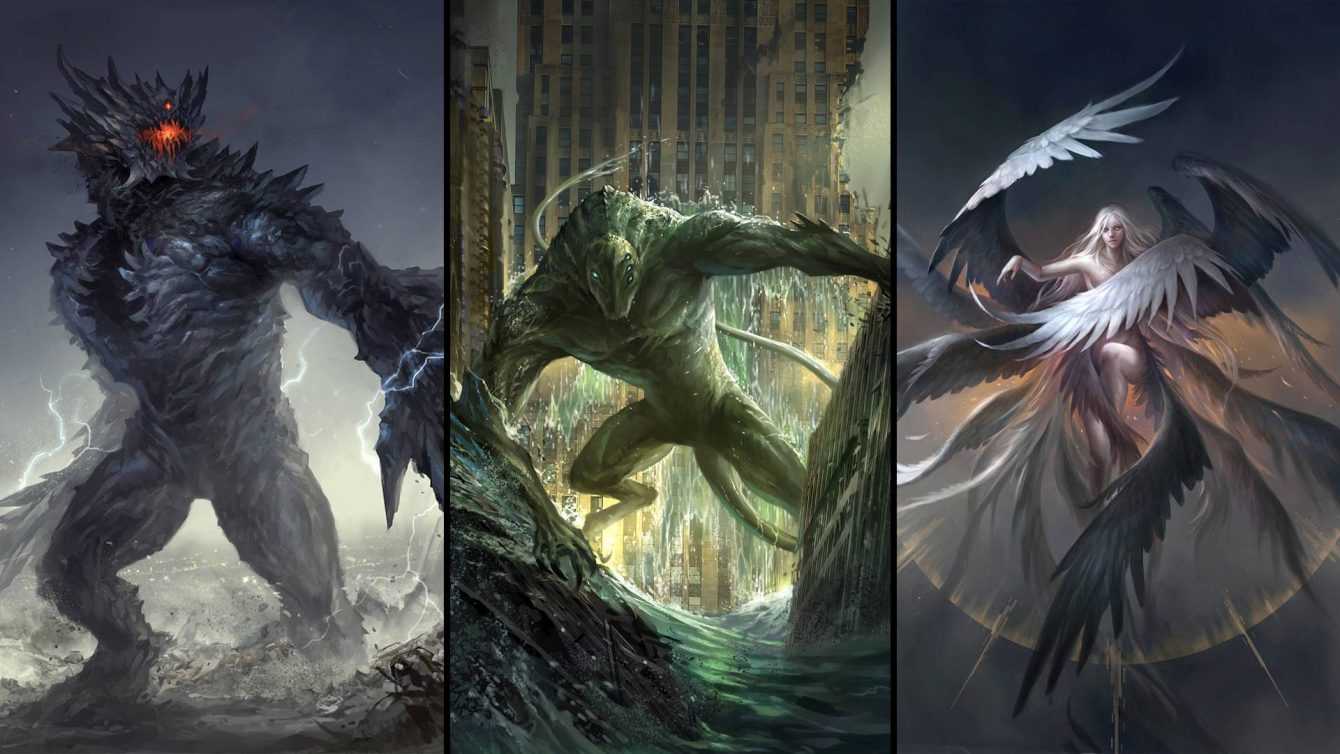
credits to Sandara
Worm review: the web series and the evolution of publishing
The web series they are a popular format of writing self-published, born in parallel to the network and the first forums. The author, instead of proposing the finished product, publishes one chapter at a time, diluting the work and creating a loyal audience around the work. It is not a new concept in the publishing field, and in particular for science fiction: yes Asimov and other great authors published their stories in themed periodicals. The format is similar to other current popular media, namely the television series, and also the comic strip.
Publishing this way allows you to know the public response, and adjust the shot accordingly. The series sometimes becomes almost interactive, with the characters taking into consideration ideas and theories exposed in the comments, to clarify or deconstruct them. Wildbow made even dramatic changes throughout the play, where initially Taylor was only to participate in the very first part of it, but she ended up being the beloved protagonist throughout the novel. In the case of a self-published work, the biggest problem is theediting. The Wildbow community also becomes editors, flagging typos found in the chapter in a collaborative effort.
Finally, Wildbow, which publishes for free but supported himself by donations, he often, especially after the work had gained traction, published chapters”bonus“. These are spin-offs from the main story with points of view from different people at different times, delving into the huge cast and complicated world of the novel, unlocked through donations.
It is evident how these details can lead to a different conception of how to write a novel, in the same way that television serialization is changing cinema. The system has obvious pros and cons, but, in an age where publishing often stifles and flattens literature instead of promoting it, it could be a breath of fresh air.
Not a read for everyone
Reviewing Worm means giving a reading advice that is difficult to follow, for many reasons. First of all, the medium of the work, which we have just discussed, and the fact that it is exclusively in English, for many is an insurmountable barrier even before the starting line. Then there is the problem of the content: it is a novel gory, nihilistic and gloomy; it touches all kinds of controversial topics, and rather than “touches” we should consider them ruinous breakthroughs within them. Breaths of air during this immersion in the dark are rare. And, if a novel can be graphic, Worm is, with Wildbow’s excellent descriptive ability to fight, followed by real consequences. Finally, the last mountain to climb is the physical one of the novel, which if published, would reach a… discrete height. As if that weren’t enough, Wildbow wrote Ward, the recently finished sequel, which is nearly as long as Worm. Although Worm is a complete story, Ward is practically essential to understanding some elements of his universe that are left vague by the predecessor.
That said, there’s a reason Worm is so popular, e.g different companies have approached Wildbow to propose the adaptation, despite such obstacles. Anyone who gives McCrae’s work a chance will discover a very powerful story, one of a kind. An unlikely blend of popular titles such as My Hero Academia e The Boys, but written before them (or that they rose to prominence). A subversion of superheroism that closely follows in the footsteps of Watchmen, more than many successors. Wildbow is master of the show, don’t tell, and creates a large and organic world, in which many elements remain a mystery even after the end. Many have appreciated the management of powers: consistent with each other and in themselves often with little impact and full of limitations, it is up to the characters to use them effectively and creatively.
It is a rough diamond, that his fans can only hope that one day, finding the square for an effective transposition, will be brought to light. To do this, continuing to promote its diffusion is the only possible method.
Do morals matter, if our alternative is a grim and hopeless end?
One day this story will see the light
Plus points
- Female protagonist out of the stereotypes
- A new world with hundreds of characters
- In-depth and current social and psychological themes
Points against
- Excessive length at times
- No book, no ebook, no translation
- Somewhat rough editing






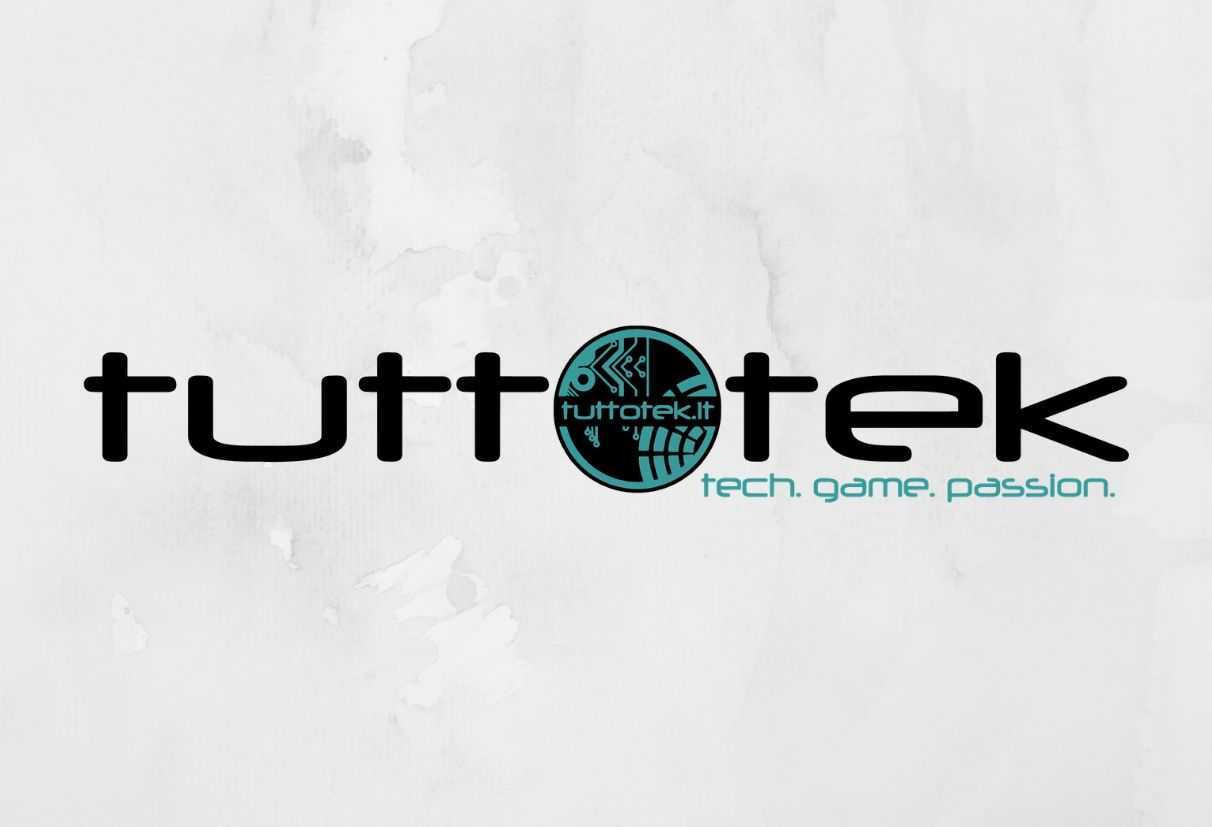
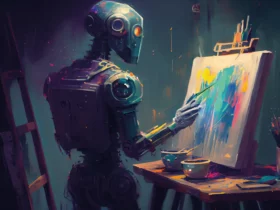

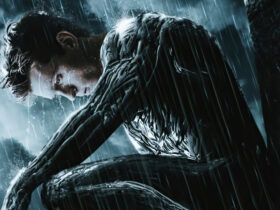



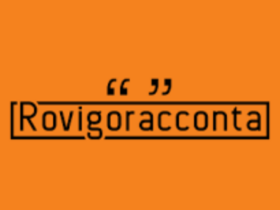

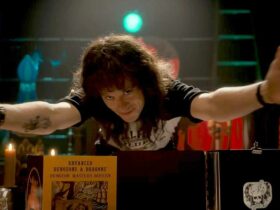
Leave a Reply
View Comments